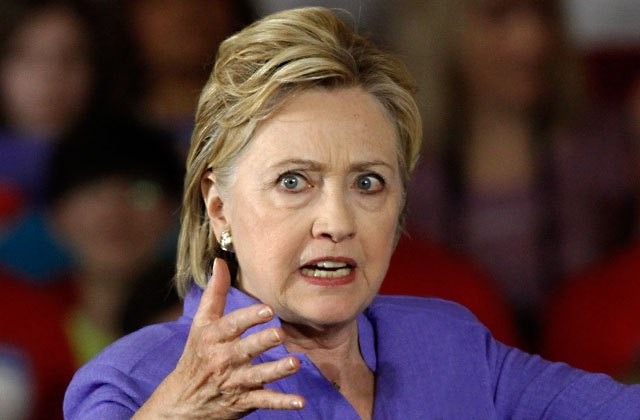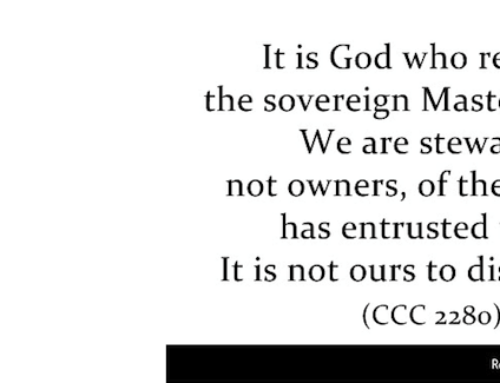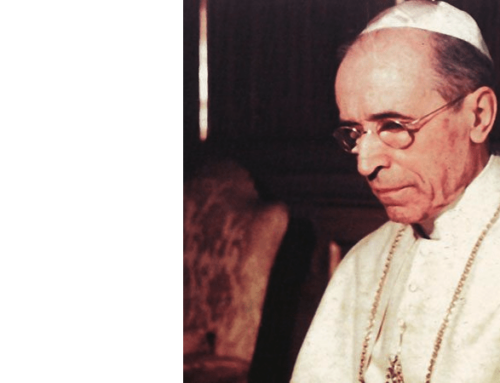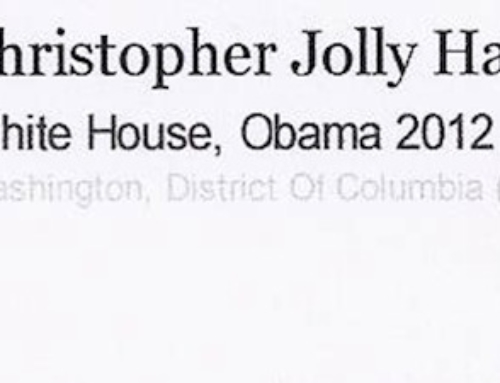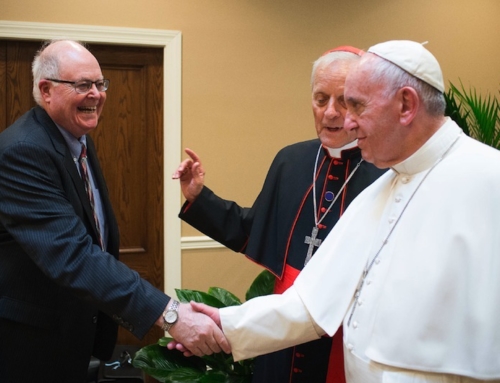By Bill Donohue
This article was originally published by CNSNews.com July 28, 2016.
Here is a story no one is talking about: the Democrats have given up on faith-based programs.
The Democratic Party Platform does not say a word about government sponsored faith-based programs, thus closing a chapter in their playbook.
After George W. Bush won reelection in 2004, Democratic strategists correctly decided that the “value voters” were killing them. The post-election surveys showed that more than any other segment of the population, it was “values voters” who decided the election, literally creaming John Kerry. That’s when people like Mike McCurry, James Carville, and Paul Begala realized it was time the Democrats changed their tune and started talking to people of faith.
One of the religious-outreach projects launched by Bush that caught the eyes of these Democrats was his faith-based initiative. The Republicans knew that religious organizations were well situated to care for the needy and provide for an array of social services; all they needed was more money to extend their mission.
Between 2004 and 2008, the Democrats outlined a plan to mimic the Republican initiative. But they had to overcome some obstacles, one of them being their built-in aversion to Christian programs. Infinitely more concerned about separation of church and state than religious liberty, they had to walk a minefield establishing faith-based programs of their own.
Barack Obama had all the markings of someone Democrats could feel comfortable with in developing these programs. A talented orator, he electrified the crowd at the 2004 Democratic Convention by directly appealing to people of faith. So when it appeared that he may be elected president in 2008, the Democrats had a well-planned initiative ready to roll.
On July 2, 2008, I commented on Obama’s faith-based initiative; he was a presidential candidate at the time. “If a customer walked into a New York deli and said, ‘Let me have a hot dog on a roll—hold the frankfurter’—he’d likely be thrown out. That’s what the public should do to Obama’s faith-based initiative: since he wants to gut the faith from his faith-based programs, he should be told to junk it.”
My criticism stemmed from the fact that under Obama’s plan, Orthodox Jews who run a day care center were not allowed to exclusively hire Orthodox Jews. Ditto for Catholics running foster care programs—they had to hire non-Catholics. And so on. For these reasons, I said, “his initiative is a fraud.”
P.Z. Meyers agreed with me. He is a militant atheist professor whose claim to fame was driving a rusty nail into an allegedly consecrated Communion host. He listened to Obama talk about his half-baked plan and rendered his conclusion. “He’s essentially tearing down the faith-based initiatives and instead building secular-based initiatives, with the religious folks doing the work. Works for me.” And why wouldn’t it?
On February 5, 2009, I assessed President Obama’s newly designed Office of Faith-Based and Neighborhood Partnerships. The uneasiness of working with religious entities was readily apparent, allowing me to remark, “Those who walk in the middle of the street risk getting run over by cars on both sides.”
Nearly a year later, on January 15, 2010, the secularization of faith-based programs had reached such a level that I wrote a news release titled, “Time to Close Faith-Based Programs.” On June 24, 2011, after a new round of dumbing-down the religious element in these programs, I released another statement, “Shut Down Faith-Based Programs.”
The 2012 Democratic Party Platform boasted how “Faith-based organizations will always be critical allies in meeting the challenges that face our nation and our world … .” But it wasn’t just conservative critics who saw through this nonsense: Those who worked in these programs were beginning to express their frustration with the White House—nothing was getting done. The dissension has only gotten worse.
Now it’s over. Faith-based programs are no longer “critical allies”—they have been expunged from the 2016 Democratic Party Platform. By contrast, the 2016 Republican Party Platform makes seven references to faith-based programs, underscoring their importance.
Are we better off without public funding of faith-based programs? If the price to be paid is their neutering, then the answer is yes. If Catholics, Protestants, Jews, Mormons, and Muslims are being ordered to subordinate their religious beliefs and practices to the high altar of secularism—just to get a dime from Uncle Sam—they are essentially being asked to engage in self-sabotage.
It has been a long time since Hillary Clinton has addressed faith-based programs, and from the looks of things, she’s in the clear—there is no one of any weight left in her party imploring her to do so.
This means that Hillary can continue her practice of discussing freedom of worship while avoiding any mention of freedom of religion. Freedom of worship means that people have the right to pray and attend religious services; freedom of religion means a full-throated public exercise of freedom. For those who think religion needs to be contained, not expanded, the former is very attractive.
Bill Donohue is President and CEO of the Catholic League for Religious and Civil Rights, the nation’s largest Catholic civil rights organization. He was awarded his Ph.D. in sociology from New York University and is the author of six books and many articles.


